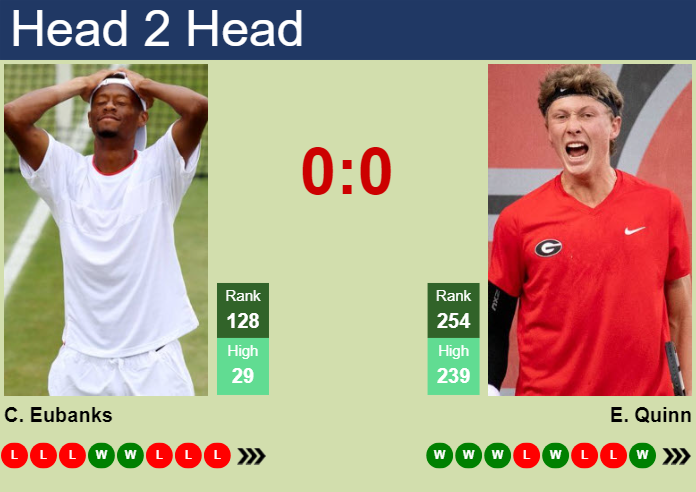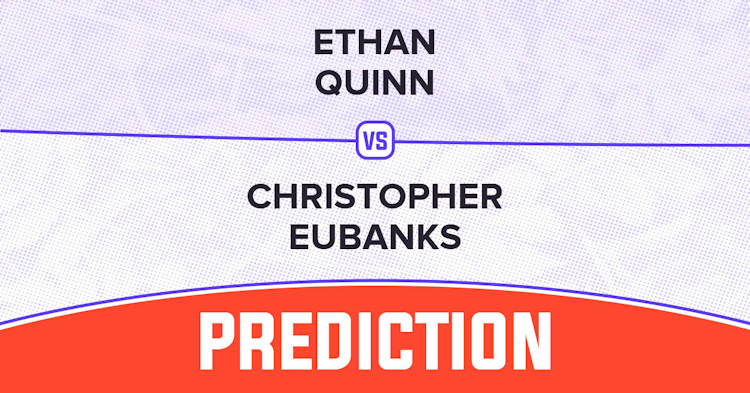Okay, so I wanted to share something I fiddled with recently. Heard some chatter about this ‘eubanks quinn prediction’ idea. Sounded kind of interesting, you know, like one of those things people talk about for figuring stuff out beforehand. I’m always up for trying things myself, see if they actually work in the real world, not just theory.

So, I decided to give it a shot. First thing, I had to figure out what it even meant. Didn’t find a straightforward manual, naturally. It felt more like piecing together whispers and hints I found here and there. Mostly seemed like a way to guess an outcome based on a couple of specific factors, the ‘Eubanks’ part and the ‘Quinn’ part, whatever they represented. I figured, okay, let’s try and apply it to something simple.
Getting Started
I picked a local sports game coming up. Seemed like a good test case. Had to gather some info first. This wasn’t easy, mind you. I spent a good afternoon just digging up stats. Things like:
- Recent performance numbers
- Some historical data between the teams
- Injury reports, that kind of stuff
Basically, anything I thought might fit into this ‘Eubanks’ or ‘Quinn’ category. Honestly, a lot of guesswork was involved in deciding what data point belonged where. I just made my best assumptions based on the vague descriptions I had.
Trying to Make the Prediction
Once I had my piles of data, I tried to actually do the prediction. This involved setting up a little spreadsheet. Nothing fancy, just basic stuff. I plugged in the numbers according to the rough logic I’d pieced together. Had to assign some weights, again, mostly based on gut feeling. This part felt really shaky. Was I weighting the ‘Eubanks’ factor correctly? Was the ‘Quinn’ influence too strong or too weak? Who knew!
I fiddled with the numbers for a while. Changed a few things here and there. Ran the calculation a couple of times. It spat out a prediction. Honestly, looking at the result, it didn’t feel particularly groundbreaking. It pointed towards the favorite, which, well, you don’t always need a special method to guess.
The Result and Final Thoughts
So, the game happened. And guess what? The prediction was wrong. Not spectacularly wrong, but wrong nonetheless. The underdog pulled off a surprise win.
Looking back, the whole process was… an experience. It was kind of fun to play detective, gathering the data and trying to make sense of a poorly defined ‘method’. But as a reliable prediction tool? Based on my little experiment, I wouldn’t bet anything valuable on it. Maybe I misunderstood it, maybe I didn’t have the right data, or maybe it’s just not all it’s cracked up to be.
It mostly taught me that gathering good data is tough, and interpreting vague instructions is even tougher. It was a reminder that sometimes, just watching the game and enjoying the surprises is better than trying to predict everything. Still, it was an afternoon spent tinkering, and I always learn something doing that.



















